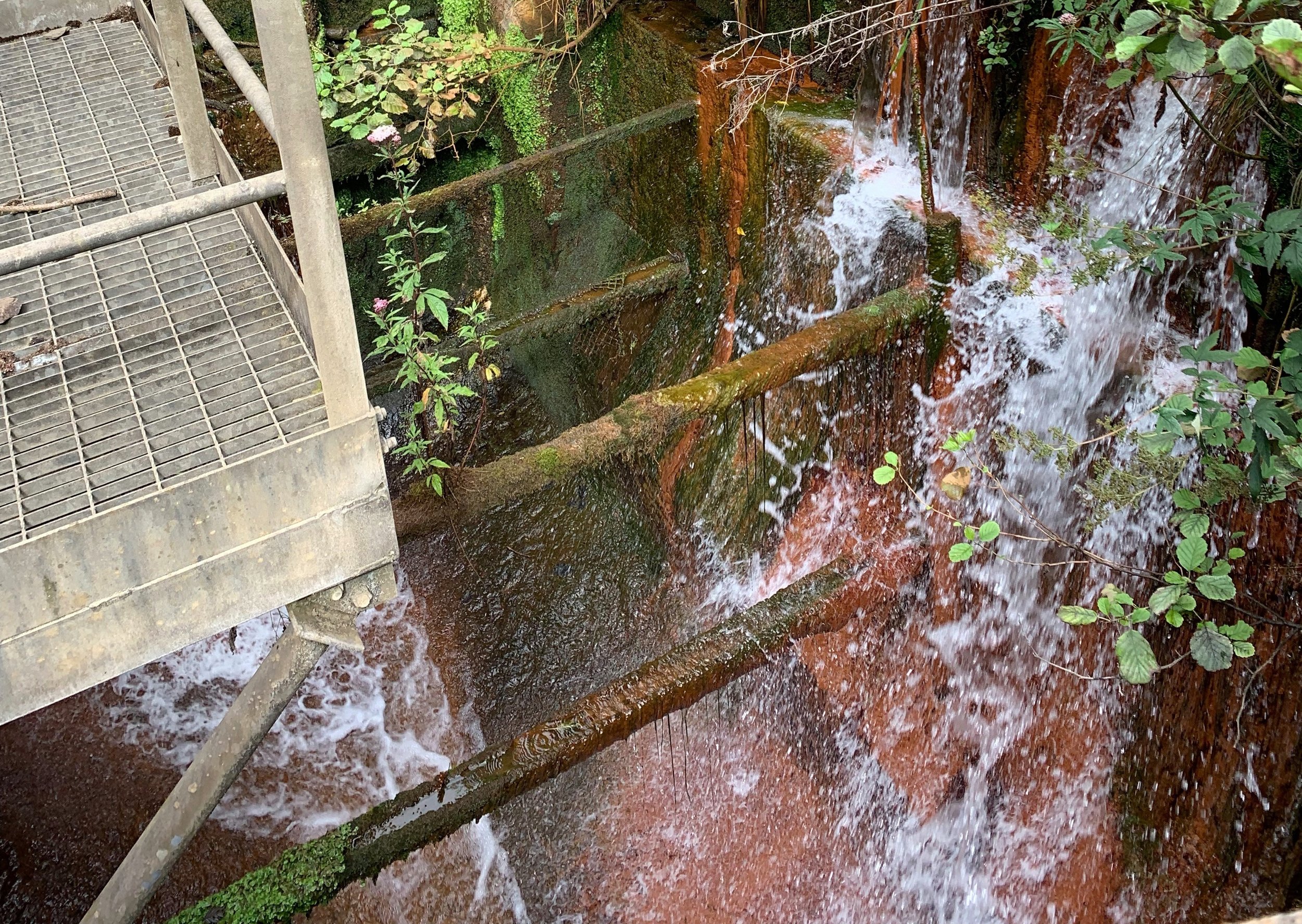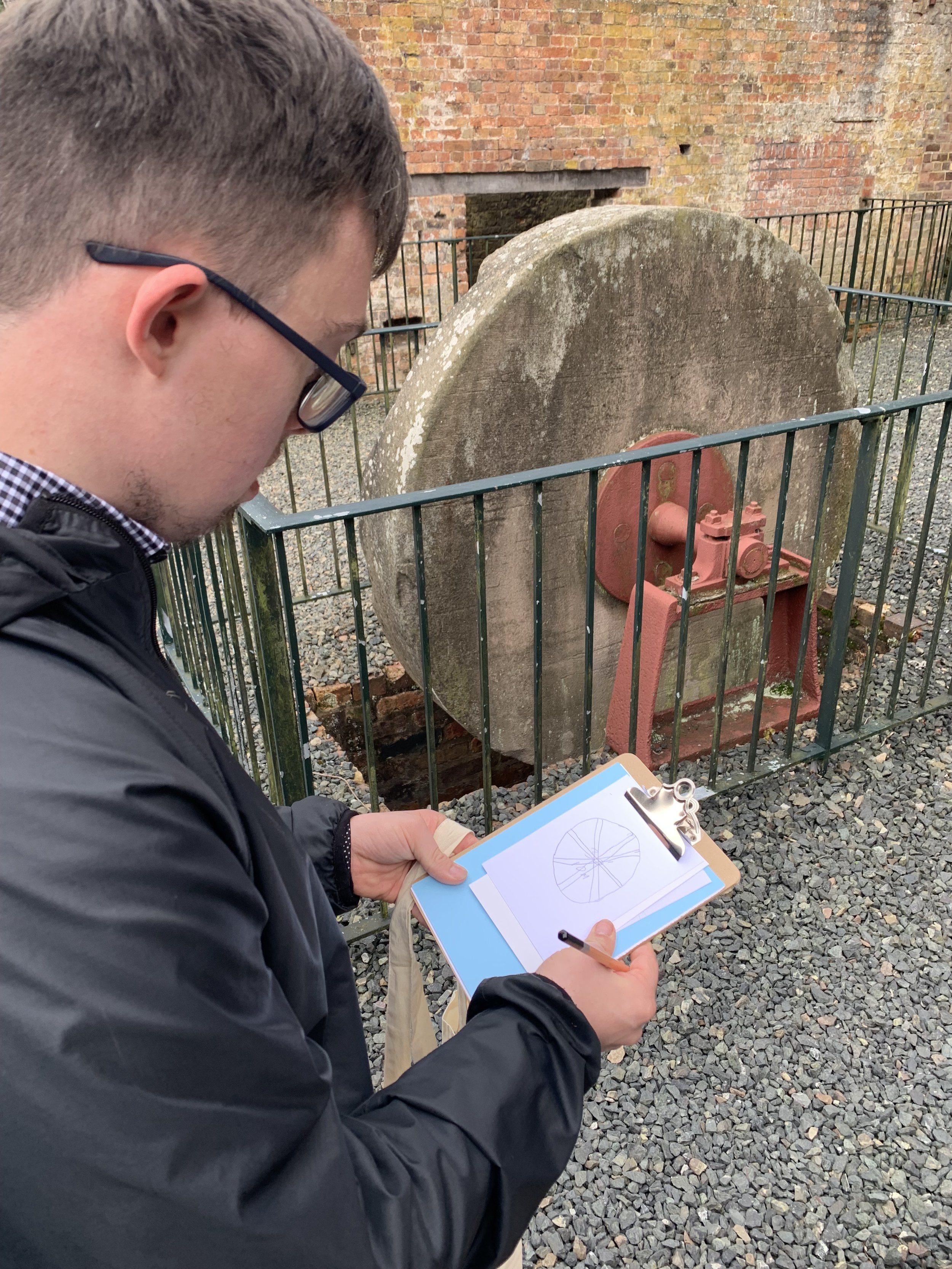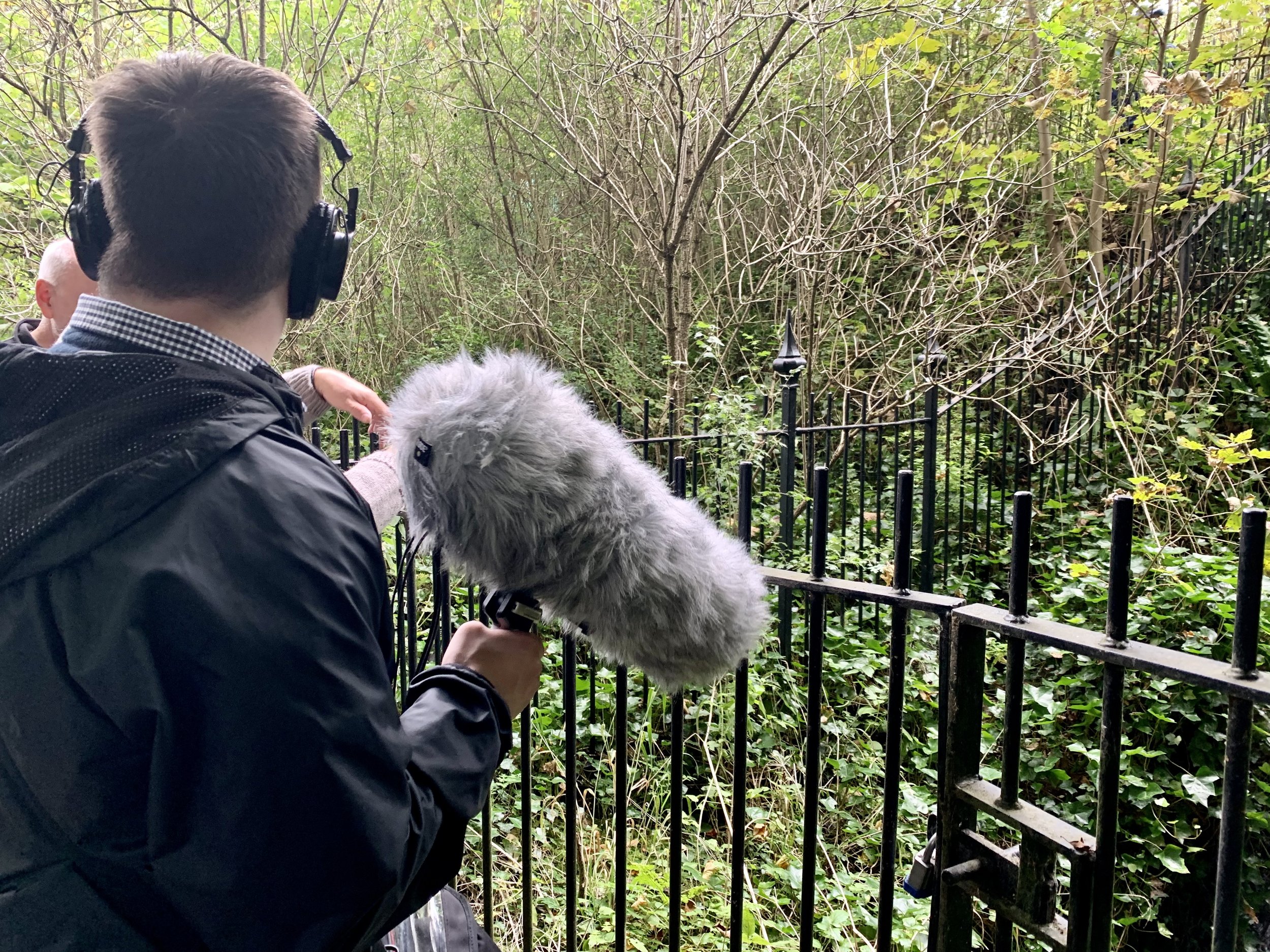Field Works: You have to go away to come back
Helen Garbett and Bill Laybourne - Workshop 24
In Garbett and Laybourne’s Compendium of Aphorisms, Sayings and Terms, the entry on page eight reads “You have to go away to come back”. This is a phrase we use often and it means that even though our work is hyper-locally focused sometimes we need to head off, get away and wander further afield in search of different places, new experiences and inspiration. We bring back ideas, creative energy, artistic material and fresh ways of thinking.
With this in mind, following our Water Walks project earlier in the year and ahead of our long-term Getting into Hot Water project, we organised Field Works, a series of participatory, art-based ventures that start to investigate the complex relationship between humans, water and climate change locally.
As you can tell, we are very interested in water!
Our practice as social artists is very much focused on conversation, dialogue and relationship, with and between humans and the more-than-human world. Rather than see ourselves as separate from and superior to the natural world, we are exploring how to correspond with the nonhuman in a more respectful, caring, appreciative way.
We invited Dudley people to join us on two watery field trips, focusing on those who for various reasons rarely have opportunities to get away from the everyday and engage in creative explorations. The first trip was to Coalbrookdale in Shropshire, often described as ‘the birthplace of the industrial revolution’ and the second was to the Elan Valley in mid-Wales where dammed rivers provide Birmingham’s water supply.
Following the field trips we planned to meet up with each group again to reflect on our shared experiences and co-develop our visual and sound-based artworks.
This account tells of our field trip to the world’s first water powered blast furnace at Coalbrookdale on September 28th with thirteen learning disabled and autistic people and volunteer helpers from Riverside House, an inclusive heritage project based in Stourbridge. We also share snippets from our follow-up creative session held on October 26th.
According to archaeologists, Coalbrookdale, a small village close to Ironbridge has been a water powered industrial hub since the middle ages. A series of pools, watercourses and waterwheels were used to power iron forges and blast furnaces before and at the time of the Industrial Revolution. Arguably it was the human activity of the Industrial Revolution that started the climate crisis we are experiencing today.
The group discussing a sluice that controls water flow from a pool into the old forge site.
As we walked around the remains of the 380 year old blast furnace and the surrounding landscape our conversation turned to water.
We talked about pipes, rushing sounds and water-wheel marks on a wall
Rust coloured streams, trickling and gushing, industry and forces at work
We discussed overflow weirs, channels and chutes
Boshes, machines and bellows
We noticed water-acting, wheel-engines and size-shapes
Revolution-concepts, furnace-mouth and slag
Everyone was given and encouraged to use a small art supplies bag containing a clip board, pencils, crayons, blank post cards and various papers. Some people focused on the standing remains of the forge and others on the interpretation boards which were dotted around the site.
Walking a little further uphill we discovered more pools and water controlling mechanisms, all part of the industrial water course system in the area.
We listened and recorded the sounds of the water in the landscape.
On October 26th we met up again at Riverside House. Together we explored water wheels, discussing what they were used for in industrial settings like Coalbrookdale and had a go at making some simple models out of card and glue. We filmed our models at work and recorded human-made sounds of wheezy bellows, gushing water and ancient forges.
Kallum and Dave showed us a pair of old bellows that they have at Riverside House which will be renovated and used to blast air into their own small iron making forge. The bellows reminded us of the shruti box that Bill took on our field trip, an Indian instrument a bit like a concertina that uses air to make drone sounds.
We plan to make a short film using our videos and sound recordings to show the results of our watery explorations. You can hear some sounds here.
The Riverside group told us that they enjoyed the project and have been thinking a lot about water since. They asked if we would go back to do more work with them. Kallum has really got into water wheels and has been on his own field trips to find out more about the history of water mills in the area.
Daniel’s Mill, Bridgnorth.
With many thanks to Jamie, Kallum, Dave, Lloyd, Steven, Oliver, Alex, Rita, Will, Derek, Ellie and Ben for making this project with us and to Dudley Creates and Arts Council England for supporting us.
November 2023. Written by Helen Garbett.













